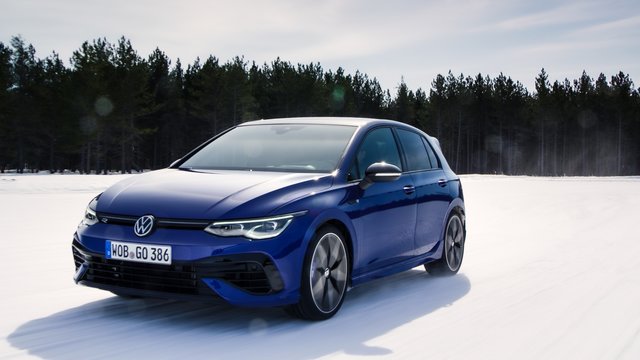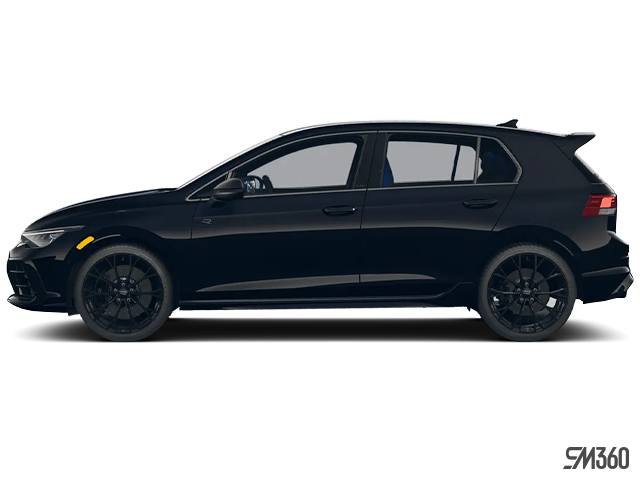As temperatures drop and roads become more challenging, preparing your Volkswagen for winter can ensure safe, reliable driving in cold and icy conditions. Winterizing your vehicle helps improve traction, visibility, and overall performance in adverse weather. Here’s a guide to getting your Volkswagen winter-ready.
- Winter Tire Preparation
Winter tires are crucial for maintaining grip and handling in snowy and icy conditions. These tires are made with softer rubber compounds and deeper treads to improve traction in low temperatures. When choosing winter tires, ensure they’re compatible with your Volkswagen’s model and size specifications. Remember to check tire pressure regularly during the winter, as cold weather can reduce it, affecting both safety and fuel efficiency.
- Battery Maintenance
Cold weather can be hard on your vehicle’s battery, reducing its capacity and making it more prone to failure. Before winter, have the battery checked to ensure it has adequate voltage and cold-cranking amps (CCA) to handle cold starts. Look for any signs of a weak battery, such as dim lights or a sluggish start, and clean the terminals to prevent corrosion. If your battery is nearing the end of its life, consider replacing it to avoid issues in freezing weather.
- Servicing at the Dealership
A pre-winter service at our dealership can be invaluable for winter preparation. Trained technicians can perform a thorough inspection of essential components, such as brakes, suspension, the heating system, and electronic systems. Our professionals use genuine Volkswagen parts to maintain your vehicle’s durability through winter conditions. Schedule your service visit before the first freeze, ensuring your Volkswagen is fully prepared for the cold.
- Brake Inspection
Good brake performance is essential for winter safety, as icy and wet roads can make stopping more difficult. Ensure your brakes are in top condition by having the pads, rotors, and fluid levels checked. Volkswagen’s traction control system helps enhance braking and stability, but well-maintained brakes are still critical. Any unusual noises or reduced responsiveness could indicate that your brakes need attention.
- Lighting and Visibility
Visibility can be severely reduced during winter storms, so having fully functioning lights is vital. Check that all headlights, taillights, and signal lights are bright and clear. Replace any burnt-out or dim bulbs. Consider upgrading to winter wipers, which are designed to handle snow and ice better. Additionally, make sure your defroster and heating systems are working effectively, so your windows stay clear and warm.
- Safety Accessories for Winter Driving
Having a few extra items in your vehicle during winter can be a lifesaver. Equip your Volkswagen with an emergency kit that includes an ice scraper, shovel, blanket, jumper cables, and a flashlight. In regions with heavy snowfall, consider investing in snow chains to improve traction on unplowed roads. These accessories can provide peace of mind and be essential in an emergency.
Conclusion
Preparing your Volkswagen for winter is essential for both safety and performance. From switching to winter tires to ensuring your brakes and battery are ready, these steps can make a significant difference when winter weather arrives. With a pre-winter service and a few additional precautions, you can keep your Volkswagen running smoothly through the cold season.






